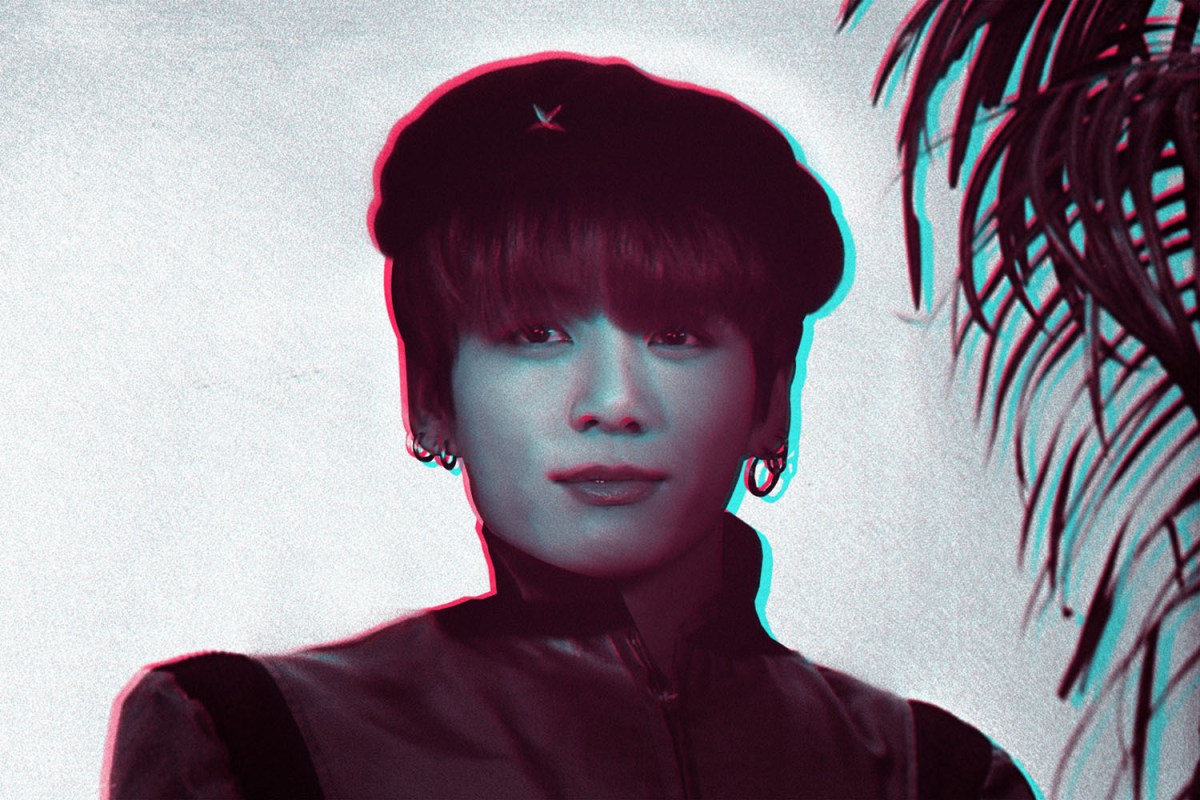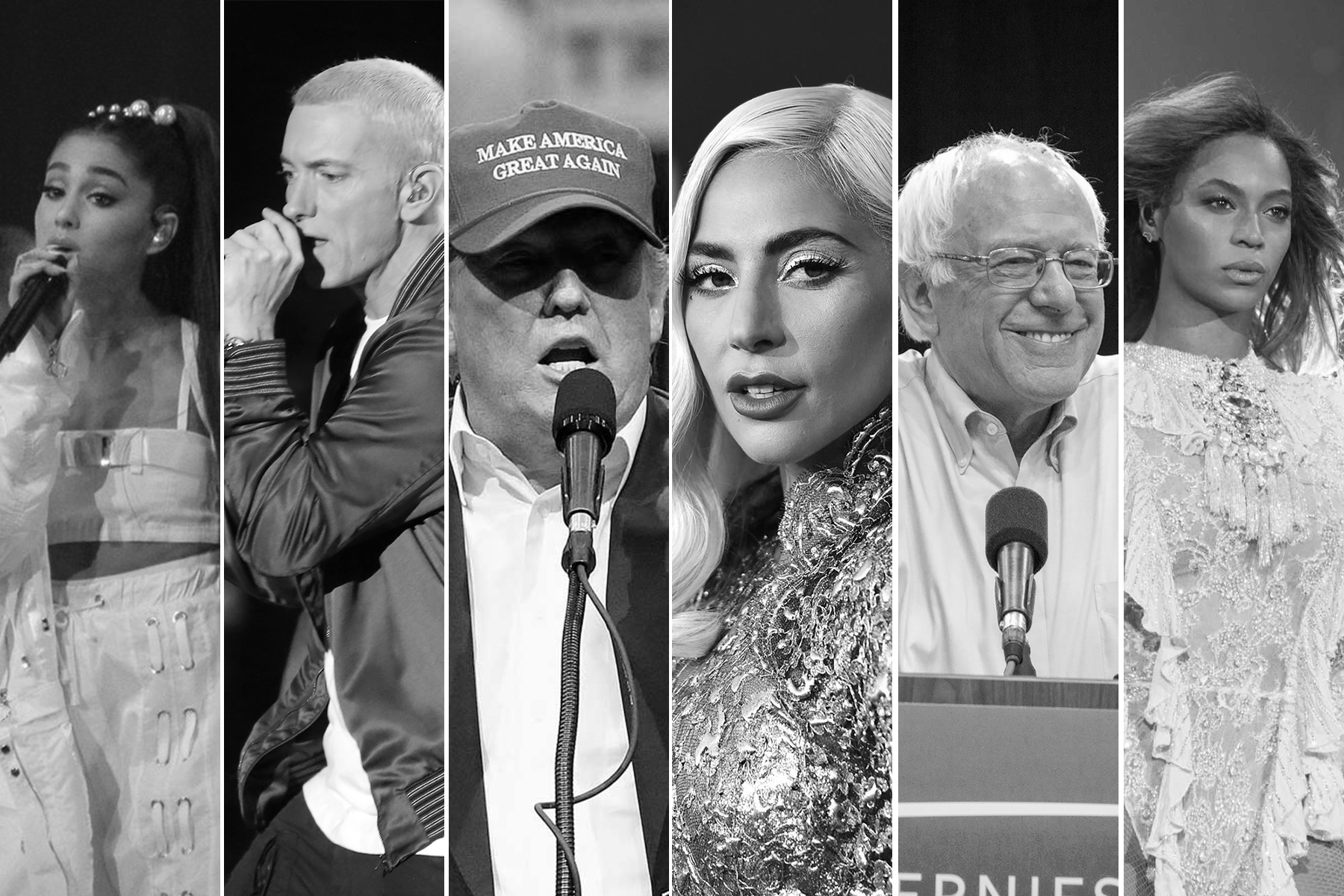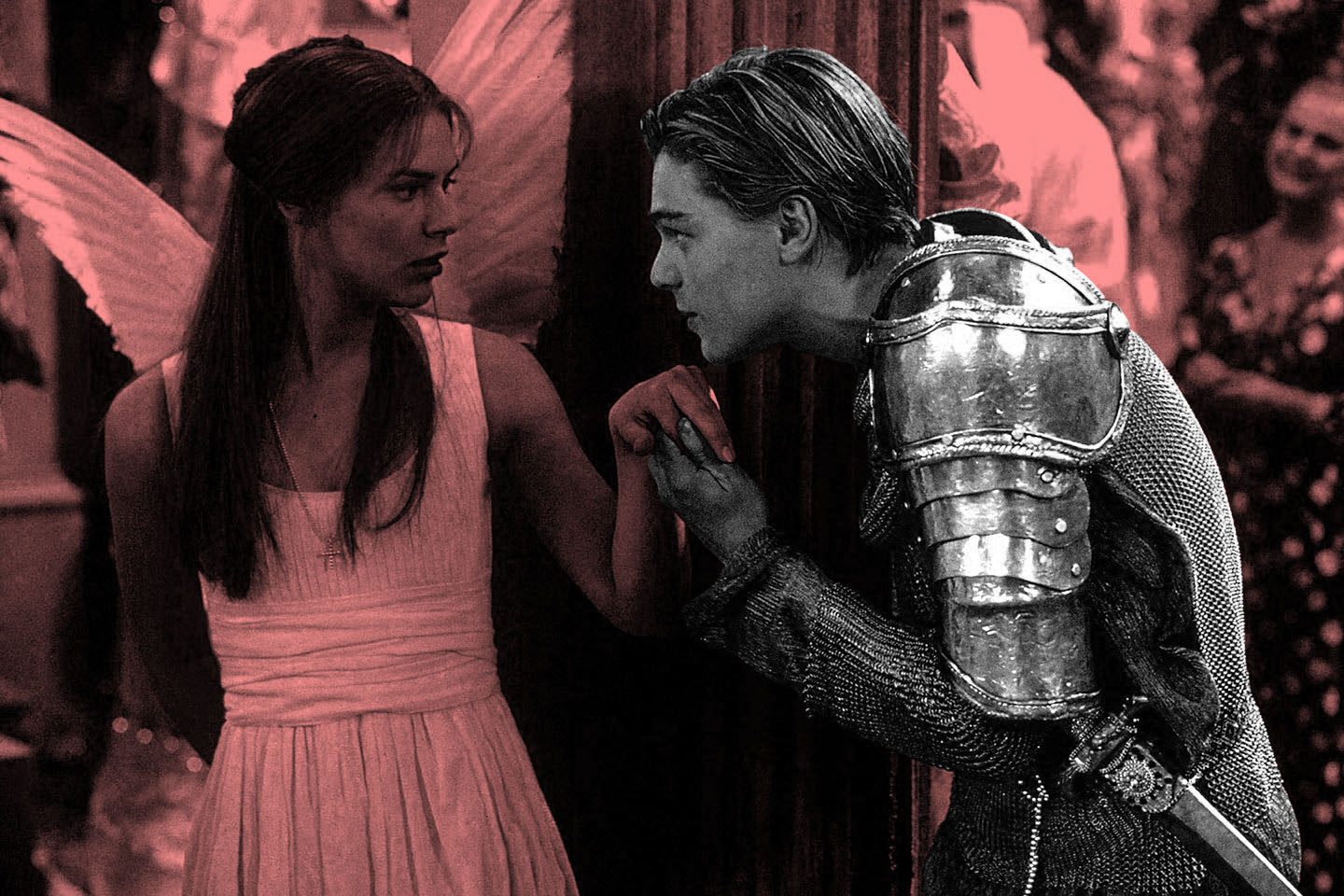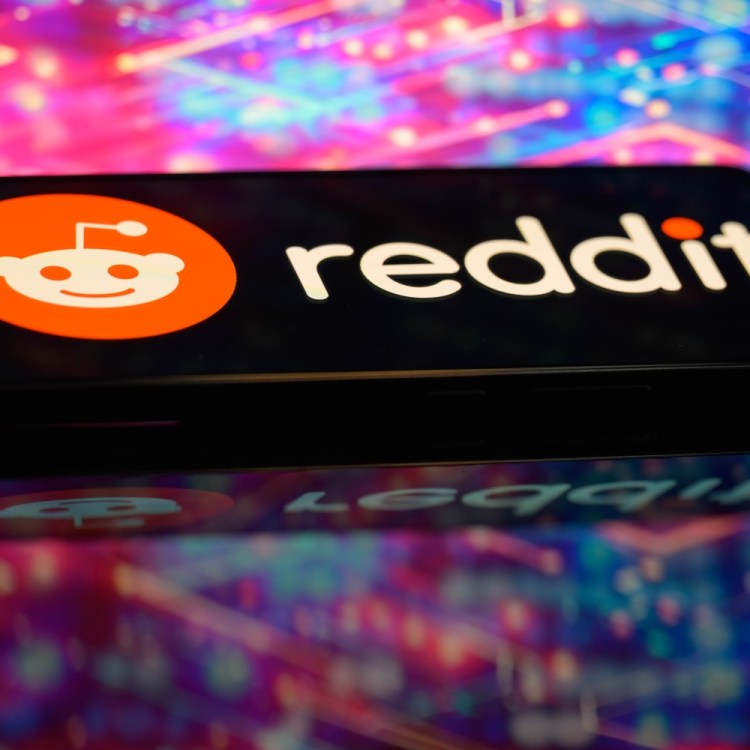As you know by now, according to the President, nearly one million people requested tickets to his rally in Tulsa this past Saturday. But when all was said and done, fewer than 6,200 people actually showed up.
There are plenty of possible explanations for the dismal turnout. Perhaps support for Trump is declining. Perhaps people decided that attending a large indoor gathering during a global pandemic would not the best idea. Or maybe it was just that a bunch of TikTok teens and K-pop stans decided to orchestrate a viral internet prank.
In truth, it was probably a combination of all three of these things, but it’s undeniably the third one that captured the media’s attention. By Sunday, the internet was abuzz with talk of how young people all over the country had requested tickets in the weeks leading up to the event despite having no intention of ever actually going.
The New York Times reported that after the Trump campaign’s official account posted a tweet asking supporters to register for free tickets using their phones on June 11, fan accounts dedicated to Korean pop music artists — aka K-Pop stans — began sharing the information with followers, encouraging them to register for the rally and not show up. That information quickly spread to TikTok, where it gained even more traction.
But the President’s foiled Tulsa rally is only the latest event in a string of social-media campaigns by K-pop stans, who have used mobilization tactics and knowledge of social algorithms to spread information and support for political and social causes.
Wait, what’s a K-pop stan?
A K-pop stan is a borderline obsessive fan of a Korean pop music band or artist. BTS and Blackpink are the two K-pop acts most commonly “stanned.”
If you’ve hung around the internet long enough, you know K-pop stans are notorious for spamming social-media platforms, mainly Twitter, with hashtags and “fancams” of their idols, with the goal of getting hashtags to trend, thereby maximizing views of music videos and “fancams,” and ultimately, boosting their idols’ exposure.
Fancams originated from the K-pop fandom and were initially performance videos zoomed-in on one particular K-pop band member. But in recent years, the fancam has been adopted by stans of different celebrities, and now the term is used to describe any short, edited video of a celebrity.
One of the most common places for these viral fancam tweets to show up is in “cancellation party” hashtags.
How does this apply to the here and now, amid all the social and political unrest?
After the Dallas Police Department asked people to send videos through an app called iWatch Dallas of “illegal activity” during the Black Lives Matter protests, K-pop stans made headlines for flooding the app with fancams and edits of K-pop stars. Within hours, the Dallas Police Department followed up with another tweet saying the app had been taken down due to “technical difficulties.”
Buzzfeed News reported that dozens of people had also given the app a one-star rating on the iOS App Store and Google Play Store, and used their reviews to call attention to Black Lives Matter and justice for George Floyd.
On June 2nd and 3rd, then again this past Monday, K-pop stans hijacked #WhiteLivesMatter and #BlueLivesMatter, spamming the hashtags (again) with fancams, edits and photos, so any earnest tweets under the racist tags would be almost entirely buried.
So are the K-pop stans going to save us all?
Older liberals and even politicians like Alexandria Ocasio-Cortez have applauded the TikTok teens and K-pop stans for their viral prank on the President’s rally on Saturday.
TikTok teens and K-pop stans are absolutely using the internet to organize, share information and voice their political beliefs, and, as MIT Technology Review notes, “these groups are not monoliths” — their goals and actions very much align with those of older liberals in the online #Resistance movement.
That said, while many K-pop stans are mobilizing for a good cause right now, that doesn’t mean that all of them are anti-Trump, nor does it mean they can be weaponized against Trump or for other causes in the future.
“The tactics being employed — such as crashing hashtags, aggregating donations, or bringing attention to certain links or tweets — all of these actions, for the most part, were employed positively for Black Lives Matter,” Miranda Ruth Larsen, a PhD candidate researching K-pop idols, told the MIT Technology Review. But she added that those same tactics are “used against BIPOC (Black, Indigenous and people of color) fans” within the community.
K-pop and its fanbase have also had a long history of cultural insensitivity and questionable appropriation of other cultures, which many music fans have called attention to in recent weeks. Maybe the recent flurry of activity is the first in a series of steps toward righting those past wrongs, and K-pop stans will further develop into an exclusively positive force in the world.
This article was featured in the InsideHook newsletter. Sign up now.























